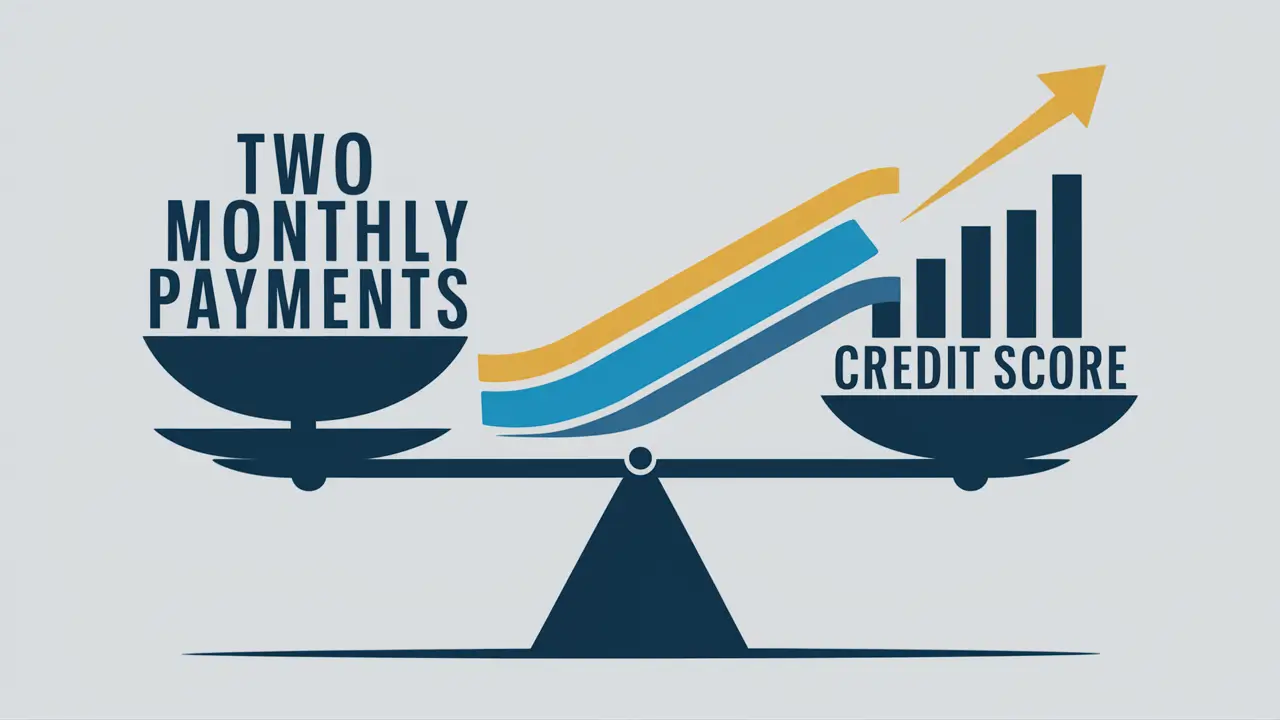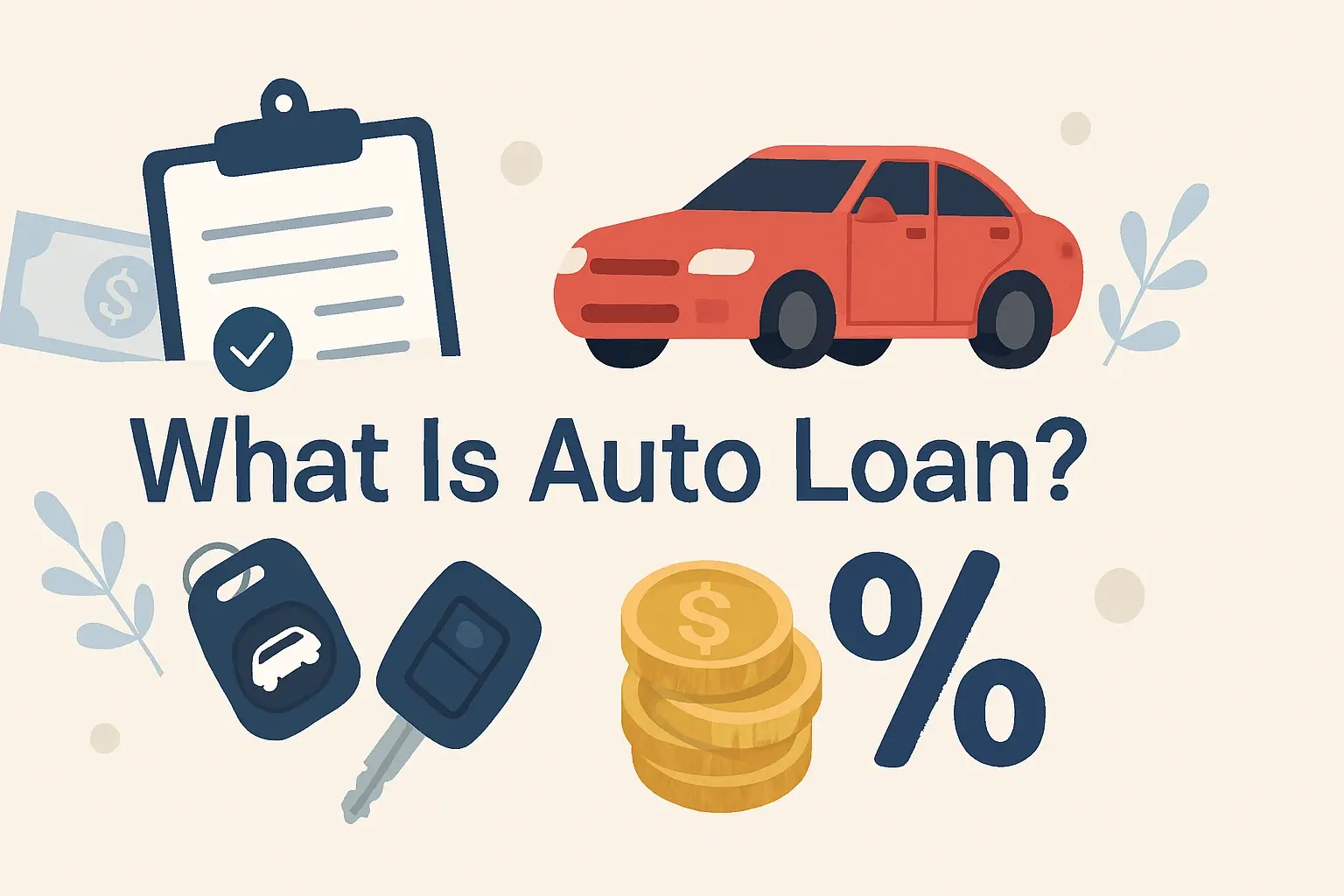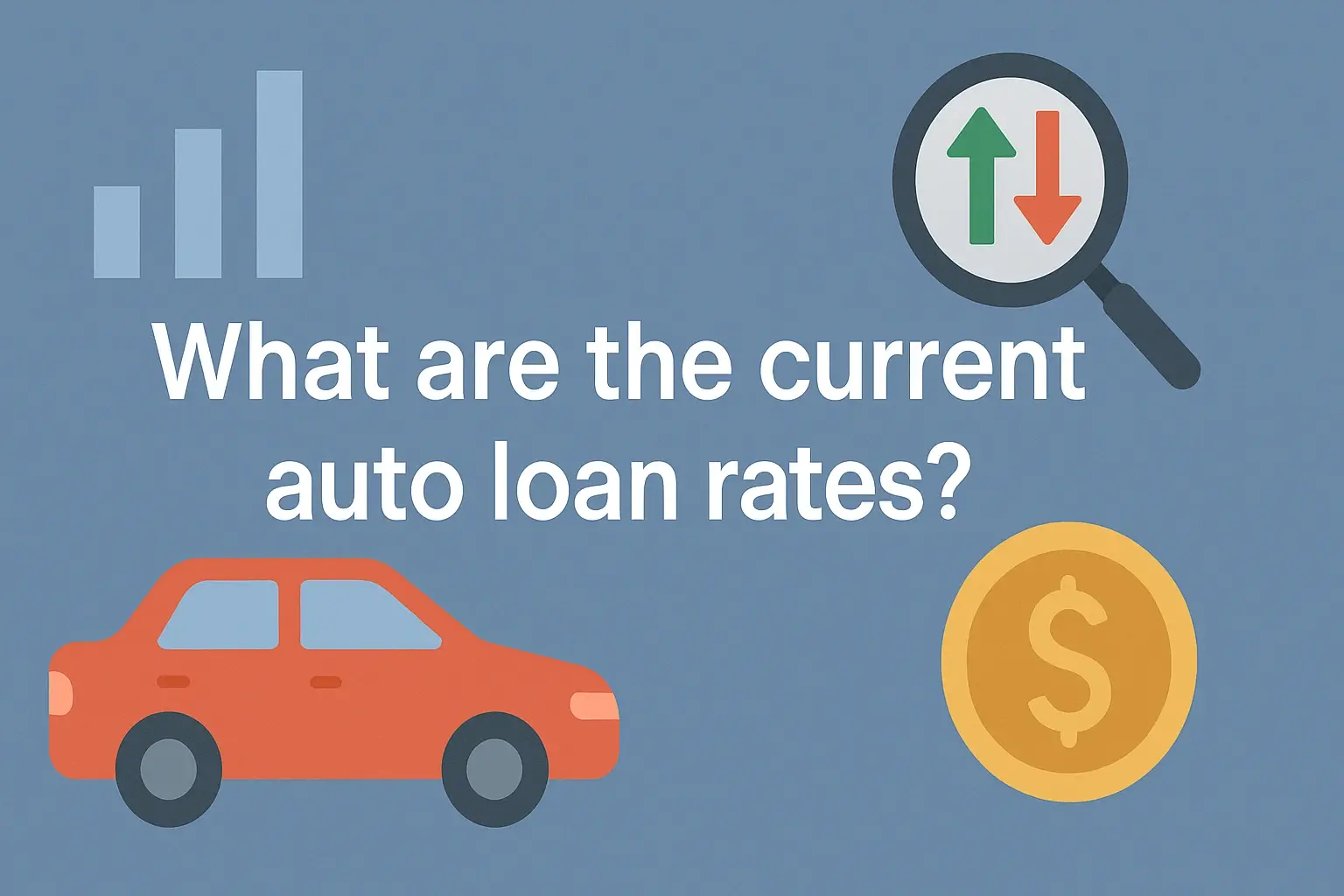-
Posted on: 26 Jul 2024

-
Improving your credit score is a common financial goal, and many people are constantly looking for effective strategies. One popular question revolves around the frequency of credit card payments: does making two payments a month, instead of one, actually help your credit score? The answer is nuanced and depends on several factors, which we'll explore in detail in this article.
Understanding Credit Score Factors
Before diving into the impact of payment frequency, it's crucial to understand the key elements that influence your credit score. These factors are primarily determined by credit scoring models like FICO and VantageScore, and they include:
- Payment History (35%): This is the most significant factor. It reflects whether you've made past payments on time and as agreed. Consistent on-time payments are crucial for a good credit score.
- Amounts Owed (30%): Also known as credit utilization, this refers to the amount of credit you're using compared to your total available credit. Keeping your credit utilization low is essential.
- Length of Credit History (15%): The longer you've had credit accounts open and active, the better. This demonstrates your ability to manage credit over time.
- Credit Mix (10%): Having a variety of credit accounts (e.g., credit cards, installment loans) can positively impact your score, but it's not as important as payment history and amounts owed.
- New Credit (10%): Opening multiple new credit accounts in a short period can lower your score, as it might indicate financial instability.
The Connection Between Payment Frequency and Credit Utilization
The key to understanding how making two payments a month can help your credit score lies in the "Amounts Owed" category, specifically credit utilization. Credit utilization is calculated by dividing your outstanding credit card balance by your credit limit. For instance, if you have a credit card with a $1,000 limit and a balance of $500, your credit utilization is 50%.
Experts generally recommend keeping your credit utilization below 30%. Ideally, aiming for below 10% is even better. High credit utilization can signal to lenders that you're over-reliant on credit and may be a higher risk borrower.
Here's how making two payments a month can influence your credit utilization:
- Lower Reported Balance: Credit card companies typically report your balance to credit bureaus once a month, usually around your statement closing date. If you make a payment *before* your statement closing date, you can significantly lower the balance that gets reported.
- Improved Credit Utilization Ratio: By reducing the reported balance, you lower your credit utilization ratio. This demonstrates responsible credit management and can positively impact your credit score.
Example Scenario
Let's say you have a credit card with a $2,000 limit. You typically spend around $1,000 each month, resulting in a 50% credit utilization ratio if you only make one payment after the statement closes. This isn't ideal for your credit score.
However, if you make a payment of $500 *before* the statement closes, your reported balance might be only $500. This brings your credit utilization down to 25% ($500/$2000), which is much better for your credit score. You would still pay the remaining $500 after the statement closes to cover your full balance.
Benefits of Making Multiple Payments a Month
Besides potentially boosting your credit score by lowering your credit utilization, making multiple payments a month offers several other benefits:
- Improved Cash Flow Management: Breaking down your credit card bill into smaller, more frequent payments can make it easier to manage your cash flow and budget effectively.
- Reduced Interest Charges: While not directly impacting your credit score, paying down your balance more quickly reduces the amount of interest you accrue, saving you money in the long run.
- Avoid Late Fees: Making multiple payments can help you avoid the risk of forgetting to pay your bill and incurring late fees. Even one late payment can negatively impact your credit score.
- Greater Control Over Spending: Regularly monitoring your credit card balance and making frequent payments can help you stay more aware of your spending habits and avoid overspending.
Is Making Two Payments a Month Right for You?
While making multiple payments a month can be beneficial, it's not a necessary strategy for everyone. Consider the following factors to determine if it's the right approach for you:
- High Credit Utilization: If you consistently have high credit utilization (above 30%), making two payments a month is definitely worth considering.
- Budgeting Challenges: If you struggle to pay your credit card bill in full each month due to cash flow issues, splitting it into smaller payments can make it more manageable.
- Forgetfulness: If you're prone to forgetting payment deadlines, making multiple payments can help you avoid late fees and potential credit score damage.
- Credit Score Goals: If you're actively working to improve your credit score, lowering your credit utilization through more frequent payments can be a valuable tactic.
Alternative Strategies for Improving Credit Score
Making two payments a month is just one piece of the puzzle when it comes to building a strong credit score. Other essential strategies include:
- Paying Bills on Time: Prioritize paying all your bills on time, every time. Set up automatic payments to avoid missing deadlines.
- Keeping Credit Utilization Low: Strive to keep your credit utilization below 30%, and ideally below 10%.
- Monitoring Your Credit Report: Regularly check your credit reports from all three major credit bureaus (Equifax, Experian, TransUnion) for errors or signs of fraud. You can get a free credit report from each bureau annually at AnnualCreditReport.com.
- Becoming an Authorized User: Ask a trusted friend or family member with a responsible credit history to add you as an authorized user on their credit card. This can help you build credit, but make sure they are responsible with their account.
- Secured Credit Card: If you have bad credit or no credit history, a secured credit card can be a good option. You'll need to provide a security deposit, which typically becomes your credit limit.
Potential Downsides and Considerations
While generally beneficial, there are a few potential downsides or considerations to keep in mind:
- Requires Diligence: Making two payments a month requires more effort and tracking than making just one. You need to remember to make the extra payment before your statement closing date.
- May Not be Necessary for Everyone: If you already pay your credit card in full each month and have low credit utilization, making two payments might not significantly impact your credit score.
- Focus on the Fundamentals: Don't let this strategy distract you from the fundamental principles of responsible credit management, such as paying bills on time and avoiding overspending.
- Check Your Credit Card Company's Policy: Confirm with your credit card company that making multiple payments within a billing cycle is allowed and doesn't incur any fees. Most major credit card companies allow this.
Tracking and Automation
To make this strategy more manageable, consider using budgeting apps or setting up calendar reminders to track your spending and schedule your payments. You might even be able to automate a portion of your payment through your bank's bill pay service.
Conclusion: A Potentially Helpful Strategy
In conclusion, making two credit card payments a month can potentially help your credit score by lowering your reported credit utilization. This strategy is particularly beneficial for individuals who consistently have high credit utilization, struggle with budgeting, or are actively working to improve their credit score. However, it's crucial to remember that it's just one component of responsible credit management. Focus on paying all your bills on time, keeping your overall debt low, and monitoring your credit report for errors. By combining these strategies, you can build a strong credit profile and achieve your financial goals.











